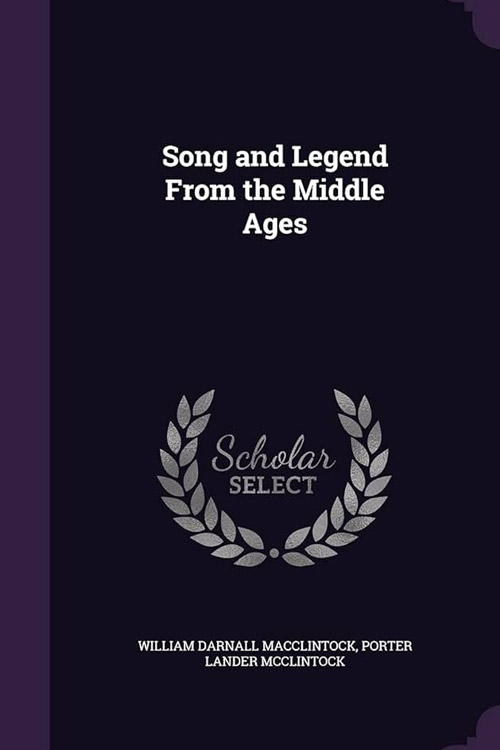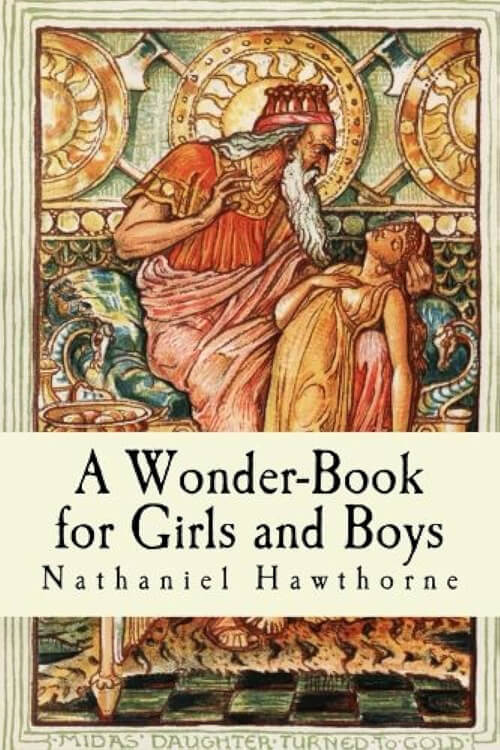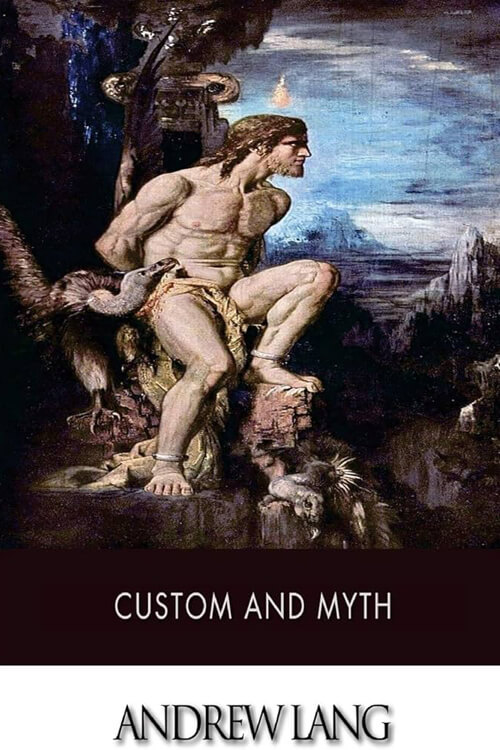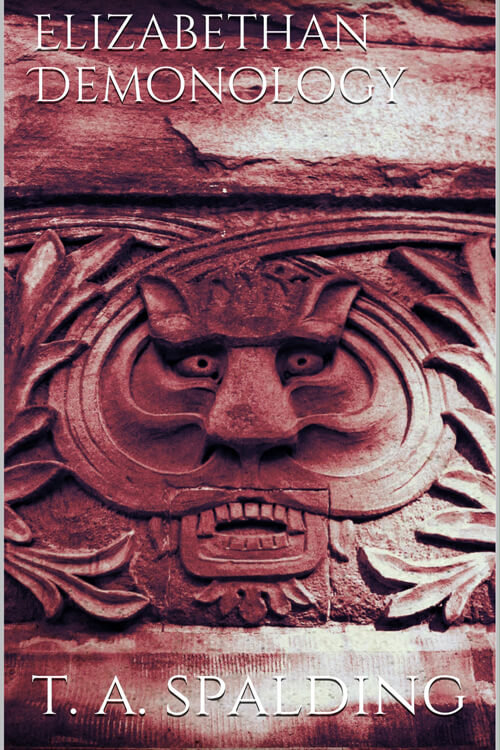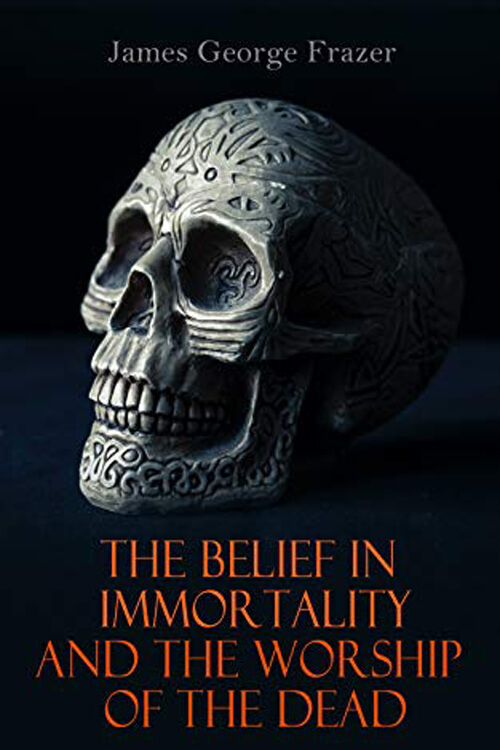
Song and Legend From the Middle Ages
These epic poems number more than one hundred. They vary in length from one thousand to thirty thousand lines. The whole mass is said to contain between two and three million lines. Like all folk epics, they are based upon earlier ballads composed by many poets. These ballads were never written down and are completely lost. The epic is a compilation and adaptation, presumably by a single poet, of the material of the ballads. In every case, the names of the poets of the French epics are lost. They were trousers, and their poems were carried about in memory or manuscript by the jongleurs or minstrels and sung from castle to castle and in the marketplaces.
The best of them are: “The Song of Roland”; “Amis et Amiles”; “Aliscans”; “Gerard de Roussillon”; “Raoul de Cambrai”. Of these, The Song of Roland is the oldest and confessedly the greatest, from which our extracts are taken. The Song of Roland is based upon the following events (the events as narrated in the poem differ widely from those of the actual history): Charlemagne has warred seven years in Spain, when Marsile, king of Saragossa, the only city that has withstood the emperor, sends a feigned submission. Roland, the king’s nephew, offers to go to Saragossa to settle the treaty’s terms.
He is rejected as too impetuous when he suggests that Ganelon go. This bitterly annoys Ganelon, and when he meets Marsile, he makes a treacherous plot by which Charlemagne is to be induced to return to France, with Roland in command of the rear guard. The plan works, and when the advanced party of the French army is out of reach, the Saracens fall upon the rear guard in the pass of Roncesvalles and destroy it. Roland’s death, the king’s return and grief, and his vengeance on the pagans form the central incident of the poem. Ganelon is afterwards tried for his betrayal, condemned, and executed.
Read or download Book
William D. MacClintock
William Darnall MacClintock was born on July 29, 1858, in Elizaville, Kentucky, the son of Alexander and Cornelia (Darnall) MacClintock.
Biography.
McClintock received an A.B. from Kentucky Wesleyan College of Owensboro, Kentucky (1878) and an A.M. from Johns Hopkins University (1882). From 1892 to 1925, McClintock was a professor of English at the University of Chicago. He was appointed professor emeritus in 1925. McClintock married Lucia Porter Lander in 1886. The couple had four children—Lander, Paul, Hilda, and Elizabeth. In 1908 and 1912, MacClintock was sent by the University of Chicago and the United States government to lecture American teachers in the Philippines and study their educational conditions.
On both trips, he sailed from San Francisco via Hawaii and Japan to the Philippines, stopping in China on the return trip.MacClintock’s works include Some Paradoxes of the English Romantic Movement (1903) and Joseph Warton’s Essay on Pope: A History of the Five Editions (1933). William Darnall McClintock died on April 21, 1936.

